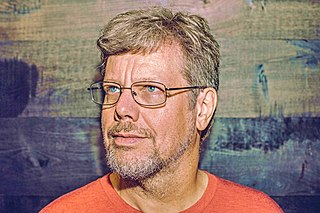A Quote by Vinton Cerf
Google’s objective is to organize the world’s information and to make it accessible. Unicode plays a central role in this effort because it is the principal means by which content in every language can be represented in a form that can be processed by software. As Unicode extends its coverage of the world’s languages, it helps Google accomplish its mission.
Related Quotes
You look to Google, you see this incredible world of information, you see the advertising, but you also get Google Analytics. And Google Analytics coupled with Salesforce's sales and service and marketing means that both of our customers are going to have customer insights that they've never had before. That is really exciting.
We hypostatize information into objects. Rearrangement of objects is change in the content of the information; the message has changed. This is a language which we have lost the ability to read. We ourselves are a part of this language; changes in us are changes in the content of the information. We ourselves are information-rich; information enters us, is processed and is then projected outward once more, now in an altered form. We are not aware that we are doing this, that in fact this is all we are doing.
The burgeoning field of computer science has shifted our view of the physical world from that of a collection of interacting material particles to one of a seething network of information. In this way of looking at nature, the laws of physics are a form of software, or algorithm, while the material world-the hardware-plays the role of a gigantic computer.
What's the worst, is when people clearly haven't researched you. One time an interviewer asked me if I do a lot of plays. I'm like, yeah. Have you Googled me? There's this thing called Google, and you can ask Google that question. Then you could come to me with informed questions that didn't make me feel like I am brand new to the world.




































